Building social-emotional skills is as much a part of a child’s development as is their physical and intellectual growth. It is a key aspect of their holistic development.
There are many ways parents and teachers can help children learn to manage their own emotions and build social skills and emotional intelligence.
Read on for the 10 most effective types of social-emotional activities for preschoolers.
What is Social-Emotional Development in Early Childhood?
Social-emotional development is the process of learning skills that we need in order to make and maintain positive relationships, feel good about ourselves and function within society. Many of these skills are learned during play.
These skills include communication, cooperation, behaving appropriately, and recognizing and being able to express different emotions in a healthy way.
What Does Normal Social-Emotional Development Look Like?
The short answer is that it’s different for every child. As with all other areas of learning different children will progress at different times.
Preschoolers typically become more interested in playing with others, transitioning from parallel play to more cooperative interactions. As they grow, they begin to develop narratives in their play, sharing ideas, and negotiating roles.
When it comes to emotional development, to a certain extent this will be built upon a child’s natural temperament—a set of inborn traits that shape how they approach the world.
Temperament is not inherently good or bad; for instance, high energy can be positive or negative depending on how it’s managed.
Some children experience emotions more intensely, which may make it harder for them to manage behaviour but can also lead to greater empathy and passion.
It’s important to support these children in finding appropriate ways to express their emotions.
10 Social-Emotional Activities for Preschoolers
Here are some simple but fun social-emotional development activities for preschool-age children (around 3-5 year olds).
1. Ball Games
Ball games are a relatively simple way for younger children to build relationships. Co-operatively rolling a ball back and forth is an easy way of initiating play and turn-taking.
Older children can play in a larger group and say each other’s names before rolling the ball, practising initiating play verbally.
2. Roleplay
Roleplay is one of the best ways for children to experiment with social behaviour, rules and expectations in the early years.
Children often enjoy acting out what they know, such as cooking and eating dinner together, but also experimenting with risky social scenarios such as games of cops and robbers.
This type of pretend play also gives them a platform for learning to make sense of and express big feelings.
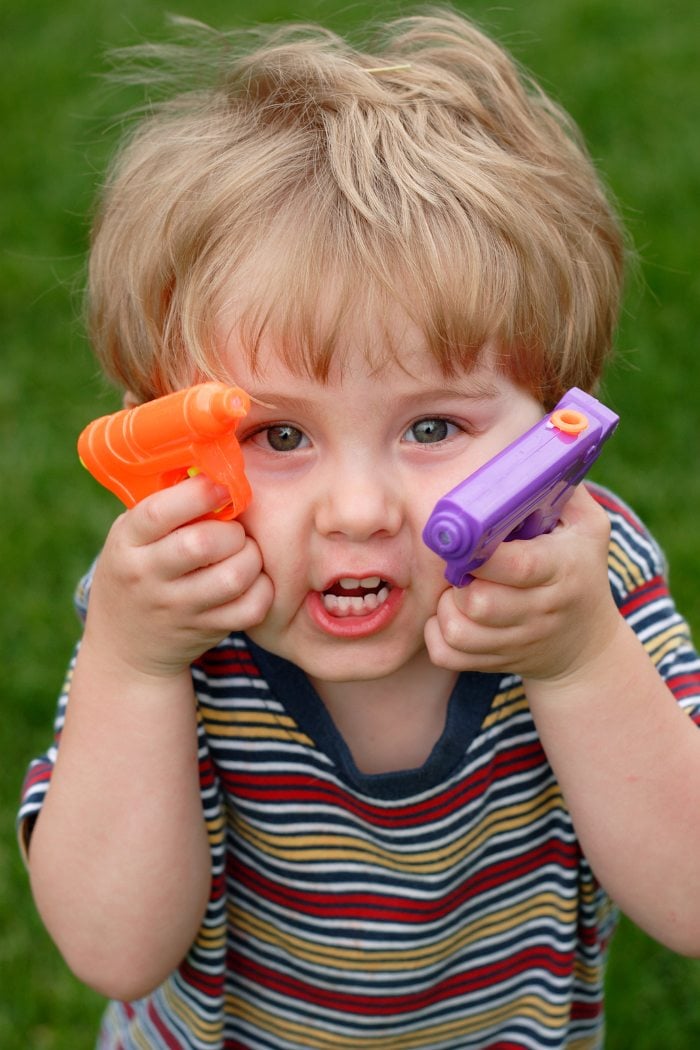
Roleplay is a safe space for children to develop social skills, though to begin with they may need guidance through the narrative. After a while though, they will begin to develop imaginative scenarios that allow them to work on their social-emotional skills through play.
Roleplay can easily be encouraged by setting up a space with some props and dress-up items to encourage imaginative play. Here are a few examples of role-play themes:
- Hospital /Veterinary Clinic
- Restaurant
- Grocery store
- Builder
- Hairdresser
- Tea party
3. Stories
Reading has a huge range of benefits, including social-emotional benefits.
Reading a story with emotional content, and discussing it with your child gives them the opportunity to develop empathy, as well as tools to use in their own experiences of emotions.
Stories allow children to read about the feelings of others and how they express emotions; they can showcase good examples of healthy relationships; they can model problem-solving skills as the characters navigate tricky situations; and more.
You might ask; “Why did the character get angry? What makes you get angry?”
4. Puppets
Similar to stories and role play, using puppets to act out social situations and emotions is an easy way to develop young kids’ recognition and understanding of emotions as well as explore ways of managing social scenarios and feelings.
Make your own puppets and set up a puppet show or let kids play on their own with their puppets.
Playing with puppets allows children to act out complicated emotions in a safe environment.
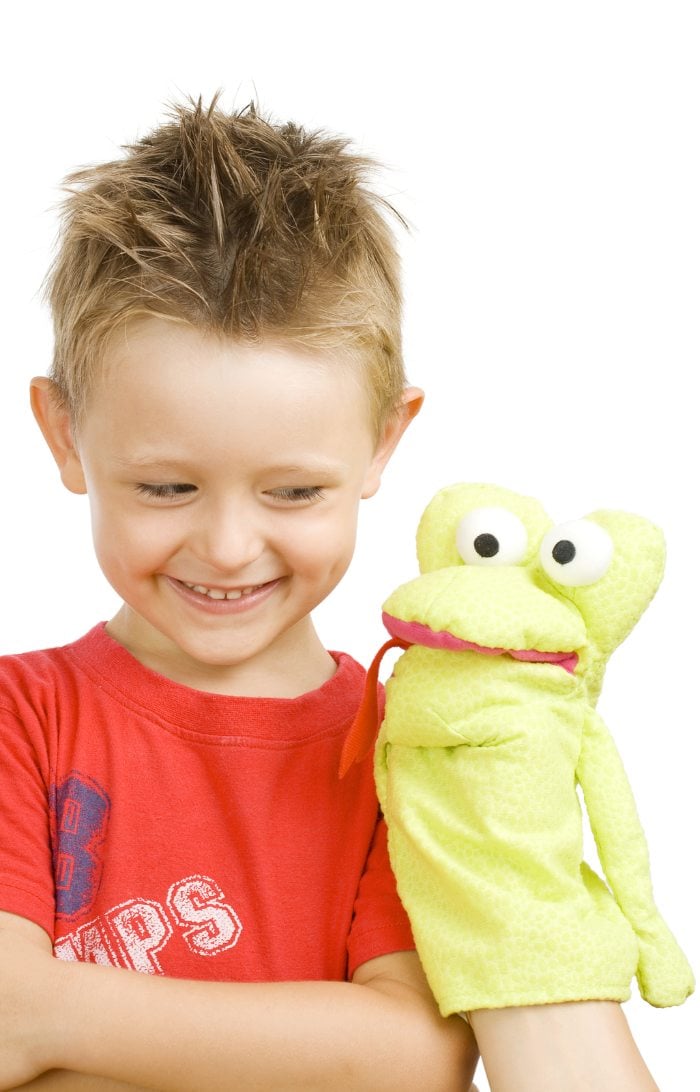
5. Listening Activities
An important part of social-emotional development is the ability to recognize, understand and respond to appropriate boundaries and behavioural expectations.
Helping children to listen carefully to instructions and change their behaviour in response to this will improve their social and emotional skills as well as attention and focus.
Games like Simon Says and Red Light, Green Light allow children to practise listening carefully, following instructions and changing their behaviour in line with expectations.
Here are more listening games for preschoolers.
6. Educational Games
Games that can be played as a family or a group of peers are an ideal way for children to experience turn-taking, as well as winning and losing and the emotions that are involved in both.
With so many educational games on the market for preschoolers, children can work on a whole host of skills through playing games.
Encourage children to follow the rules, take turns and keep play friendly even when they are frustrated.
Purchase educational games like Tic Tac Toe and Dominoes or play popular card games such as Rummy and Memory Card Games (Get your own set of printable memory card games here).
Play a matching game by having matching sets of faces showing various emotions.
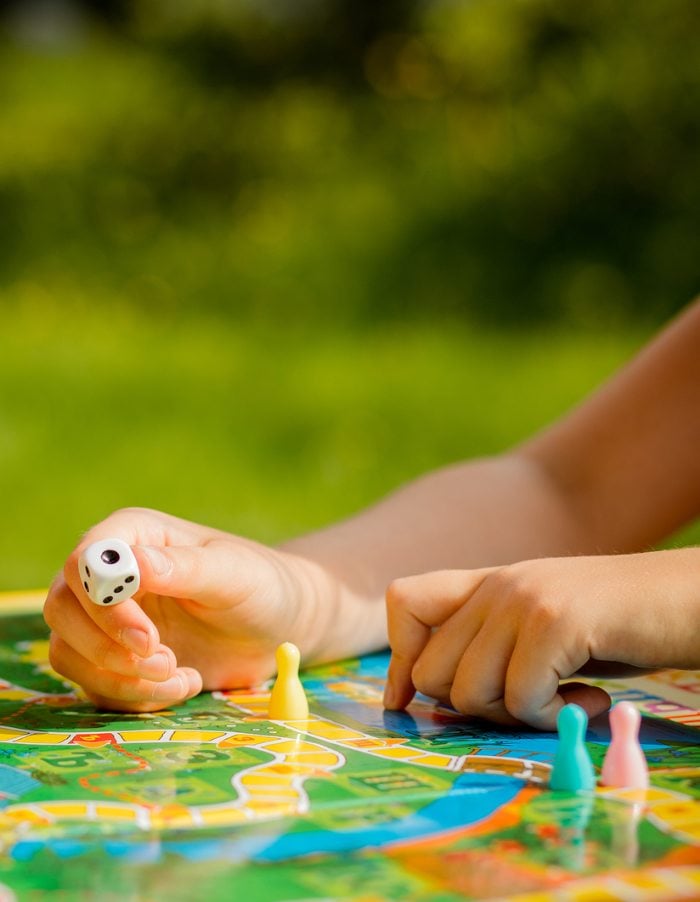
7. Songs
Songs are another way children can learn about and experience emotions.
Sing popular songs about feelings such as If You’re Happy and You Know It, or a song like Miss Polly Had a Dolly, about taking care of a sick doll.
This song teaches children about facial expressions and the corresponding emotions:
This is a happy face.
This is a happy face.
This is a happy face.
This is a happy face.
This is my happy face.
Repeat the verses with:
Happy; Sleepy; Angry; Surprised; Excited; Sad; Nervous; Silly.
You can listen to the full song here and get the kids to show the emotions on their own faces while they sing:
Another good example is the song I Am Kind by Lindsay Munroe, featuring Raffi:
8. Art Activities
Creative art can be another platform for teaching children social and emotional skills. Here are a few ideas:
- Make emotion masks and use them in role play.
- Draw pictures or make paper plate faces with various emotions/facial expressions.
- Create and decorate a class kindness jar (add a counter or bean to the jar every time you witness an act of kindness).
- Paint kindness rocks with positive words and messages on them.
9. Board Games
While board games are great for developing intellectual skills, they are also an interactive and fun way to practise skills such as taking turns, being patient, following rules, and learning to lose gracefully. Through board games, kids can discover how it feels to take part in a group activity for shared joy, regardless of the final outcome.
They are best played in small groups with an adult who can mediate, teach the rules, and model how to wait your turn and plan your next move.
10. Indoor and Outdoor Group Games
Encouraging an active lifestyle through playing games is valuable in and of itself but active, social games also offer fantastic opportunities for social-emotional development.
Games that are played in a group such as Tag or Duck, Duck, Goose are especially encouraging for social development.
Being involved in outdoor games especially lays the foundation for children to later become involved in team sports
In playing as a team, children begin to understand that their actions have an effect on others and that humans rely on each other.
Group games, much like team sports, teach children to resolve conflicts, cope with losing a game, manage emotions, be good sportsmen and play fairly.
Using these fun social-emotional activities for preschoolers at home or at school will help to develop their skills.
Here are more feelings activities for preschoolers that introduce specific emotions, as well as some kindness activities.
Remember, just as with other areas of development, children will develop different skills at different stages. However, if you are worried about your child’s social-emotional development, talk to an educator or health professional.
Read more about the profound emotional benefits of play.
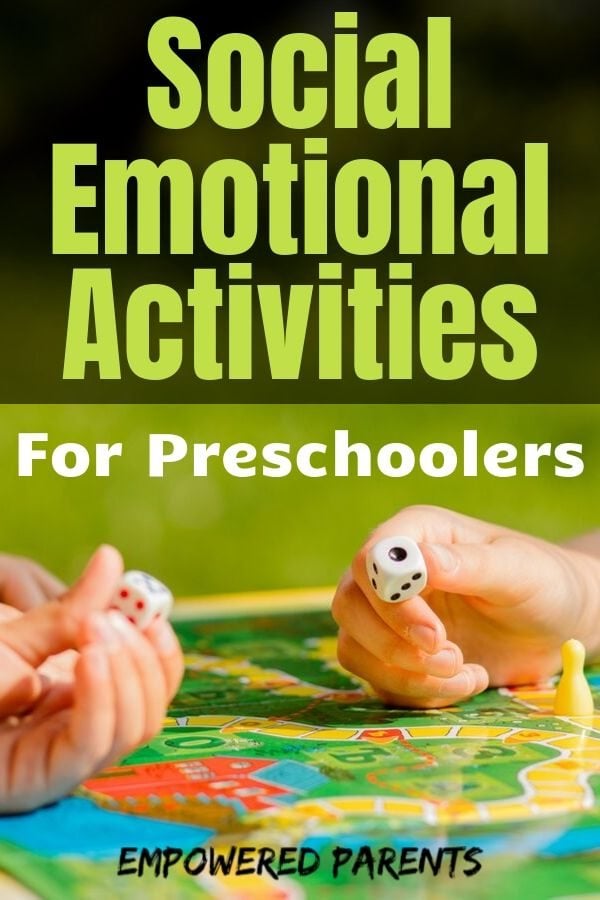
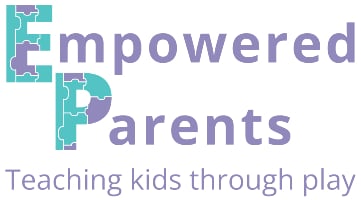
kitty
Wednesday 22nd of April 2020
Very helpful for my school project thanks.
Tanja Mcilroy
Thursday 23rd of April 2020
Glad you find these ideas useful Kitty!
Bunny Thorley
Wednesday 29th of January 2020
Always love your constructive ideas. Thank you!
Tanja Mcilroy
Wednesday 5th of February 2020
Thank you Bunny! Apologies for missing your comment.